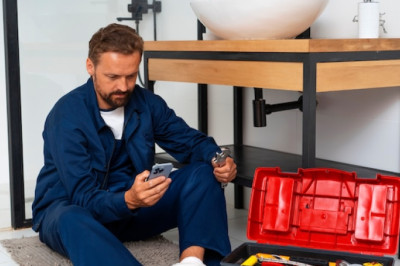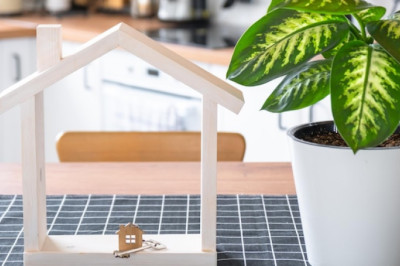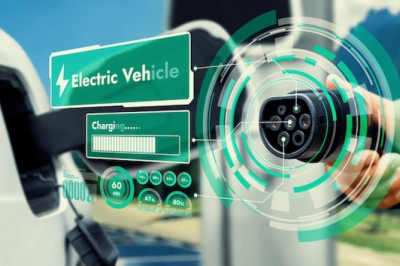Urban heatwaves are becoming increasingly common due to climate change and urbanization. These extreme temperature events can have severe impacts on health, energy consumption, and overall quality of life. However, smart home technologies offer innovative solutions to improve energy efficiency and mitigate the effects of heatwaves. This article explores six ways in which smart homes can help combat urban heatwaves.
Smart Thermostats
Smart thermostats are a game-changer when it comes to managing indoor temperatures efficiently. These devices learn your schedule and preferences, automatically adjusting the temperature to optimize comfort and energy use. During a heatwave, a smart thermostat can pre-cool your home during off-peak hours, reducing the strain on the power grid and lowering your energy bills. Additionally, many smart thermostats can be controlled remotely via smartphone apps, allowing you to make adjustments even when you're not at home.
Automated Blinds and Shades
Automated blinds and shades can significantly reduce the amount of heat entering your home by blocking out sunlight during the hottest parts of the day. These smart window coverings can be programmed to open and close based on the time of day or the intensity of sunlight, helping to maintain a cooler indoor environment. By reducing the need for air conditioning, automated blinds and shades contribute to lower energy consumption and increased energy efficiency.
Energy-Efficient Lighting
Traditional incandescent bulbs generate a lot of heat, which can exacerbate the effects of a heatwave. Smart lighting systems, such as LED bulbs, produce less heat and consume less energy. Moreover, these systems can be integrated with sensors and timers to ensure that lights are only on when needed. For instance, motion sensors can turn off lights in unoccupied rooms, while daylight sensors can adjust indoor lighting based on natural light levels, further enhancing energy efficiency.
Smart Fans and Ventilation Systems
Smart fans and ventilation systems can play a crucial role in maintaining a comfortable indoor climate during a heatwave. These devices can be programmed to operate at specific times or in response to temperature changes, ensuring optimal airflow throughout your home. Some advanced systems can even work in conjunction with your HVAC system to distribute cool air more effectively. By improving air circulation and reducing reliance on air conditioning, smart fans and ventilation systems help to lower energy usage.
Home Energy Management Systems
Home energy management systems (HEMS) provide a comprehensive solution for monitoring and optimizing energy use in your home. These systems collect data from various smart devices and appliances, offering insights into your energy consumption patterns. During a heatwave, a HEMS can suggest adjustments to reduce energy use, such as shifting high-energy activities to cooler times of the day. By providing real-time feedback and recommendations, HEMS empower homeowners to make informed decisions that enhance energy efficiency.
Smart Appliances
Smart appliances, such as refrigerators, washing machines, and ovens, are designed to operate more efficiently than their traditional counterparts. Many of these appliances can be scheduled to run during off-peak hours, reducing the demand on the power grid during a heatwave. Additionally, smart appliances often come with energy-saving modes and remote control capabilities, allowing you to manage their operation from anywhere. By integrating smart appliances into your home, you can significantly reduce your overall energy consumption.












Comments
0 comment